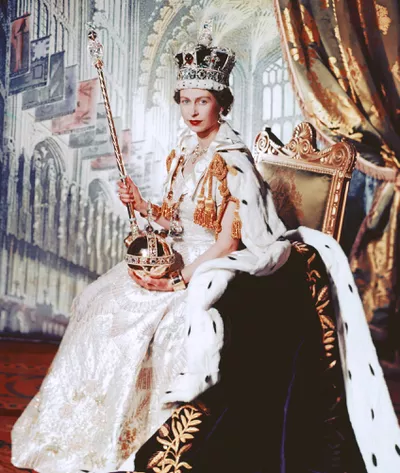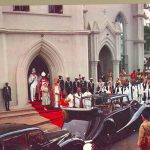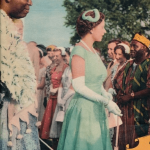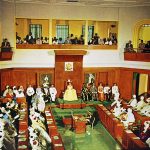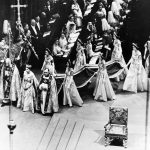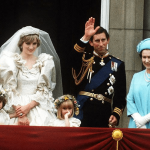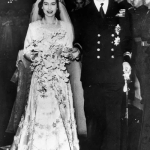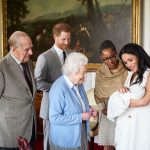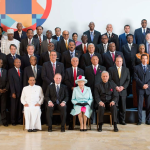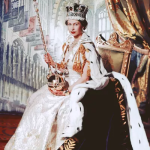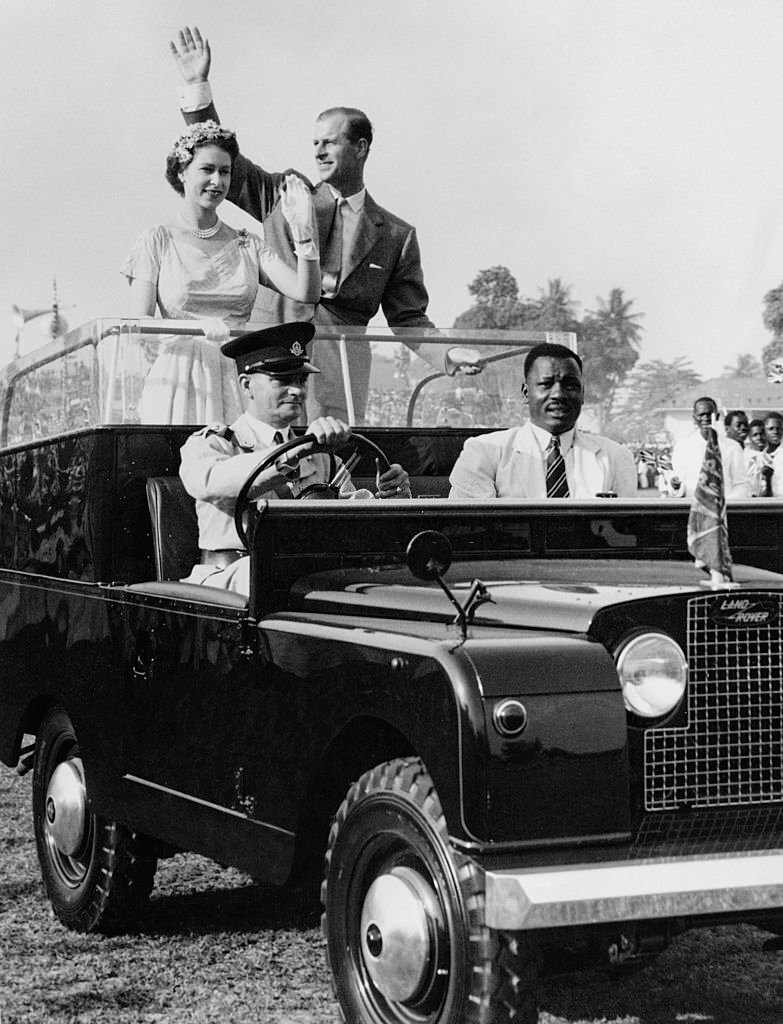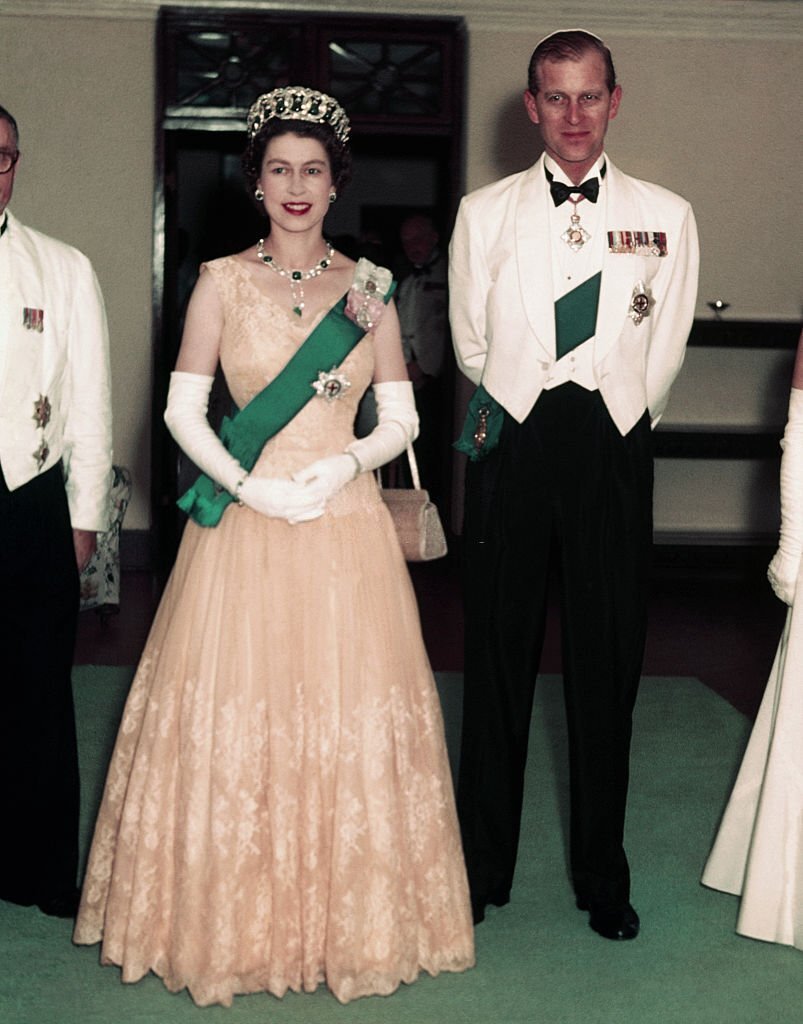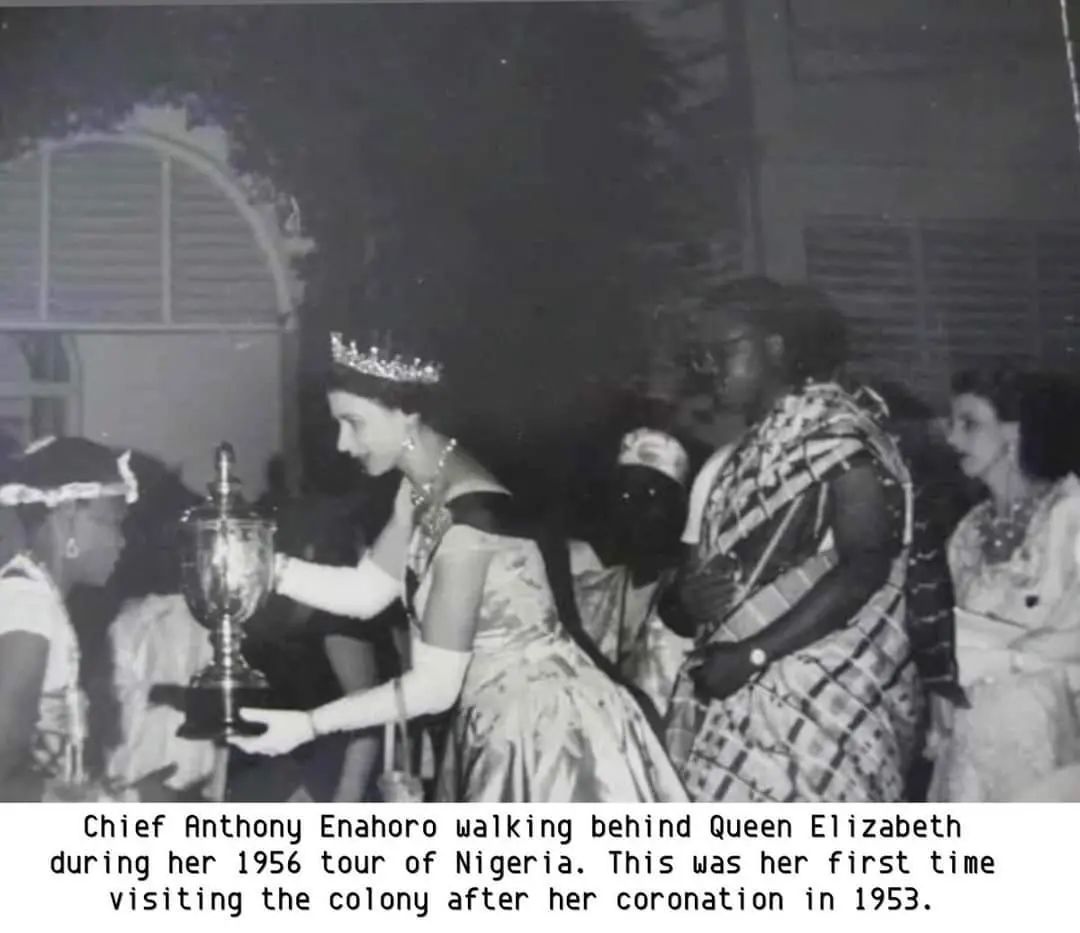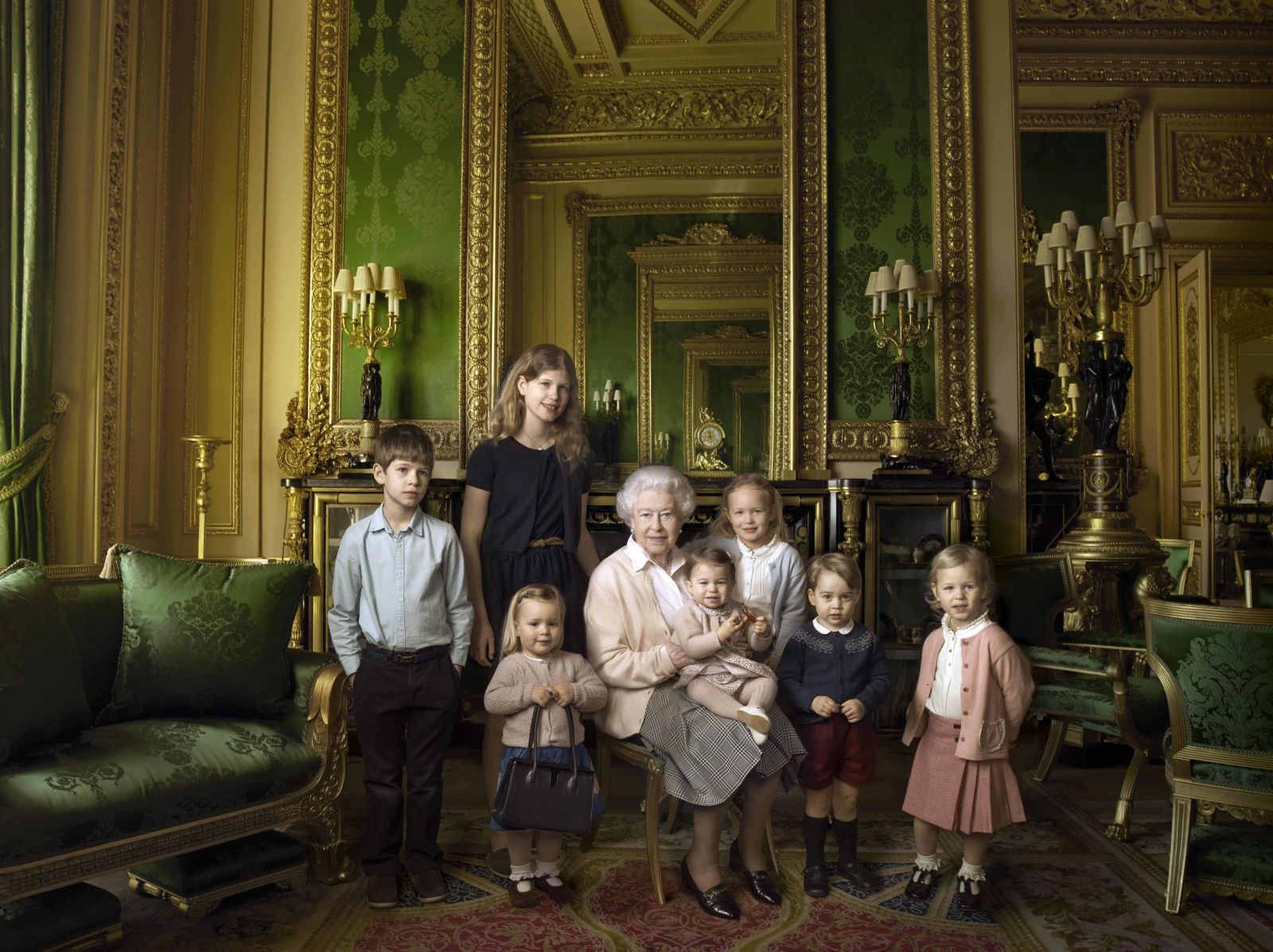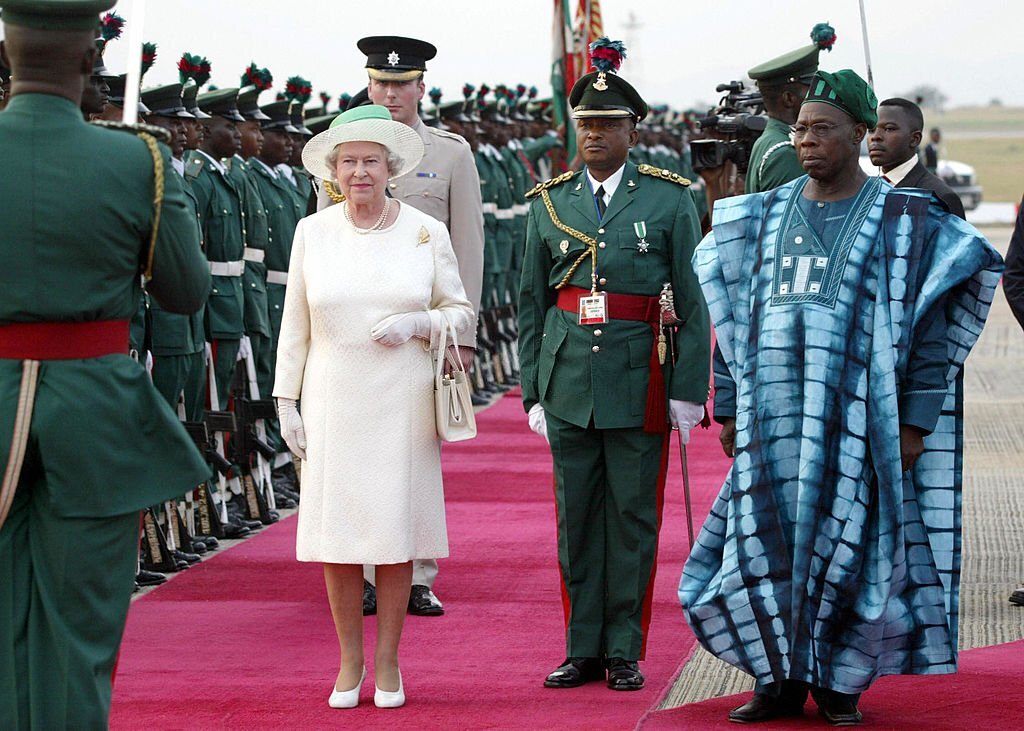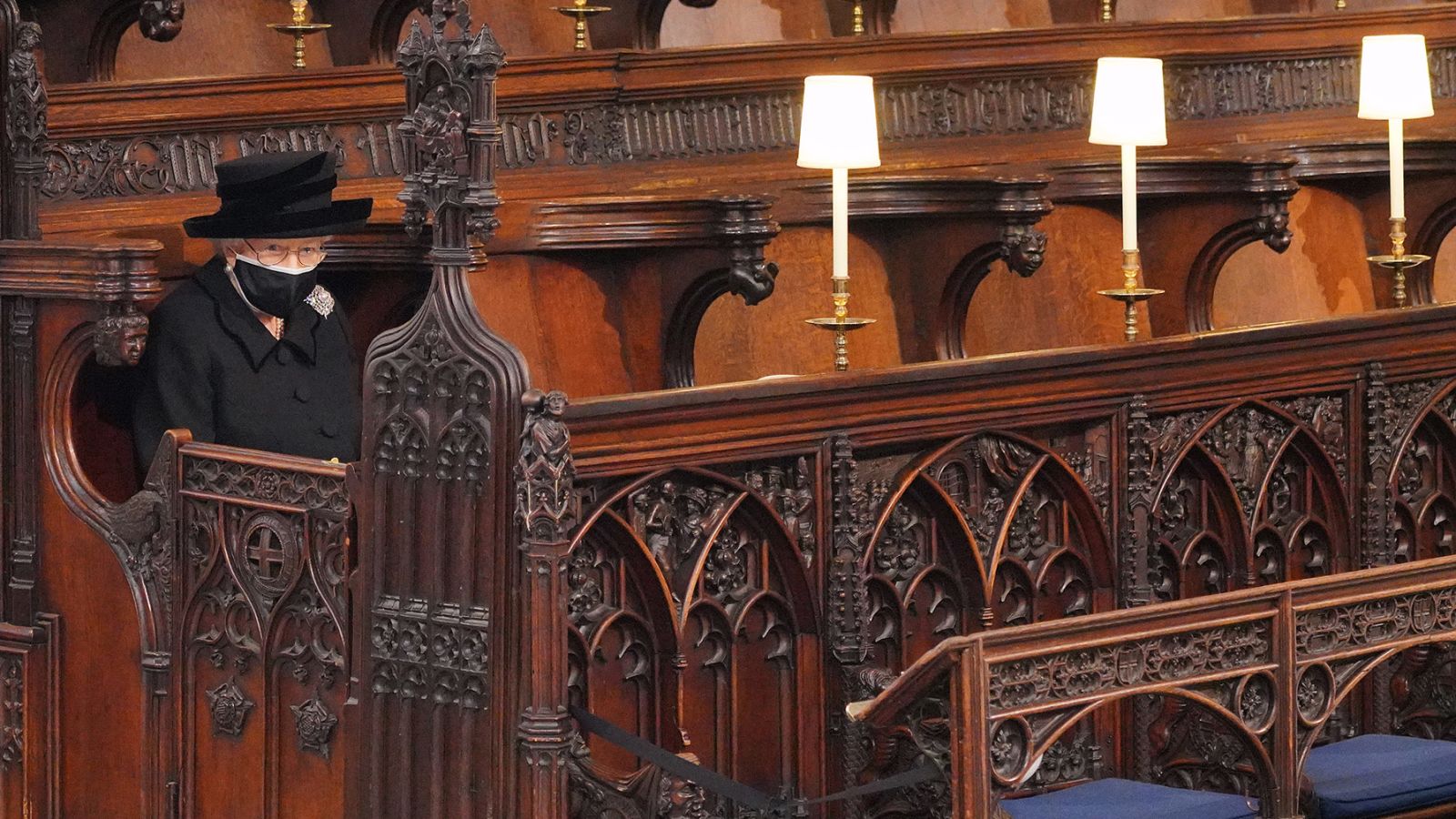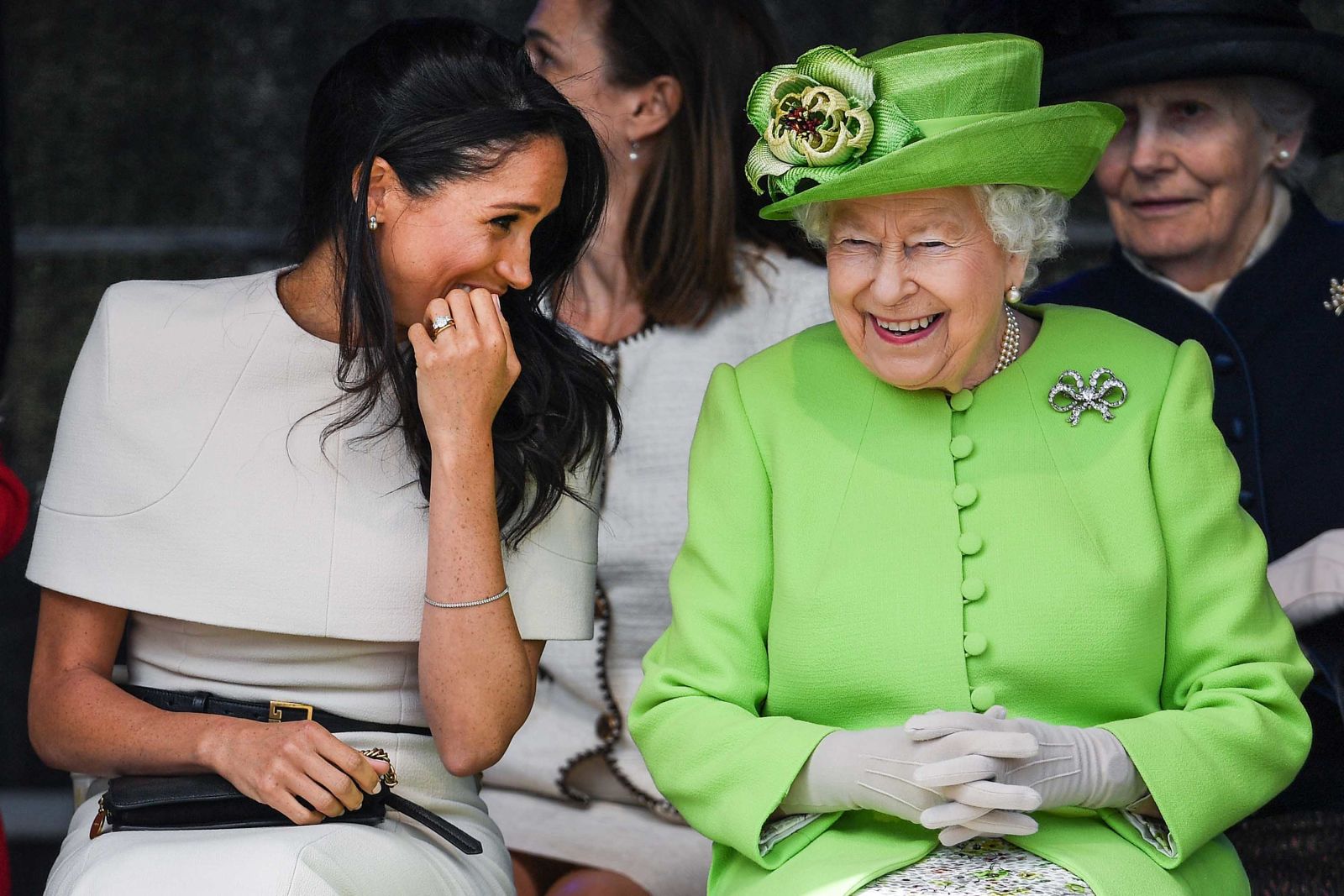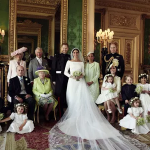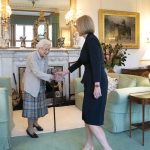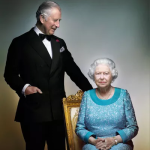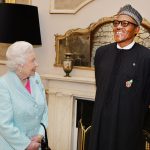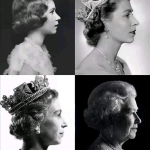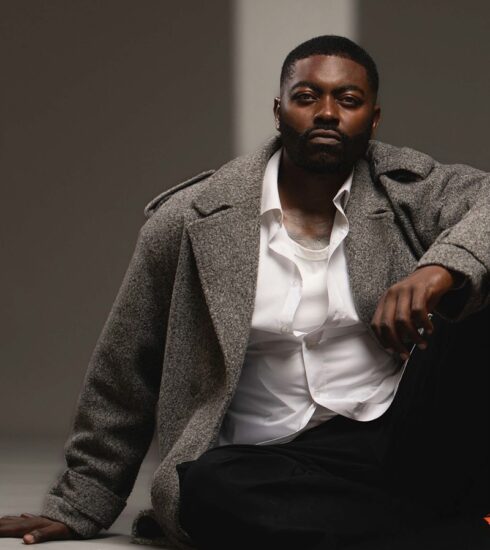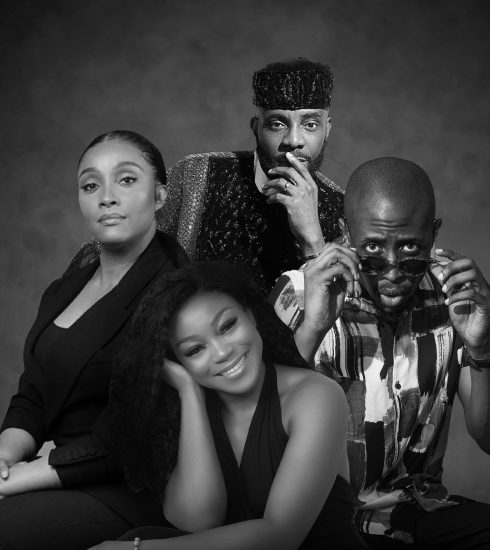Head of The Commonwealth: Queen Elizabeth II
On Thursday afternoon, Queen Elizabeth II, the UK’s longest-serving monarch, died at Balmoral, aged 96, after reigning for 70 years. She died peacefully on Thursday afternoon at her Scottish estate, where she had spent much of the summer. As expected, the entire world was alerted by this news, rightly so, as she was one of the most influential people in the world. But just how much does her demise mean to us as Nigerians? Who exactly was she to us? To trace the queen’s relationship with Nigeria back to the start, we have to revisit our colonisation, the formation of the Commonwealth of Nations, and the brief period of Monarchy government between gaining our independence and becoming the Federal Republic.
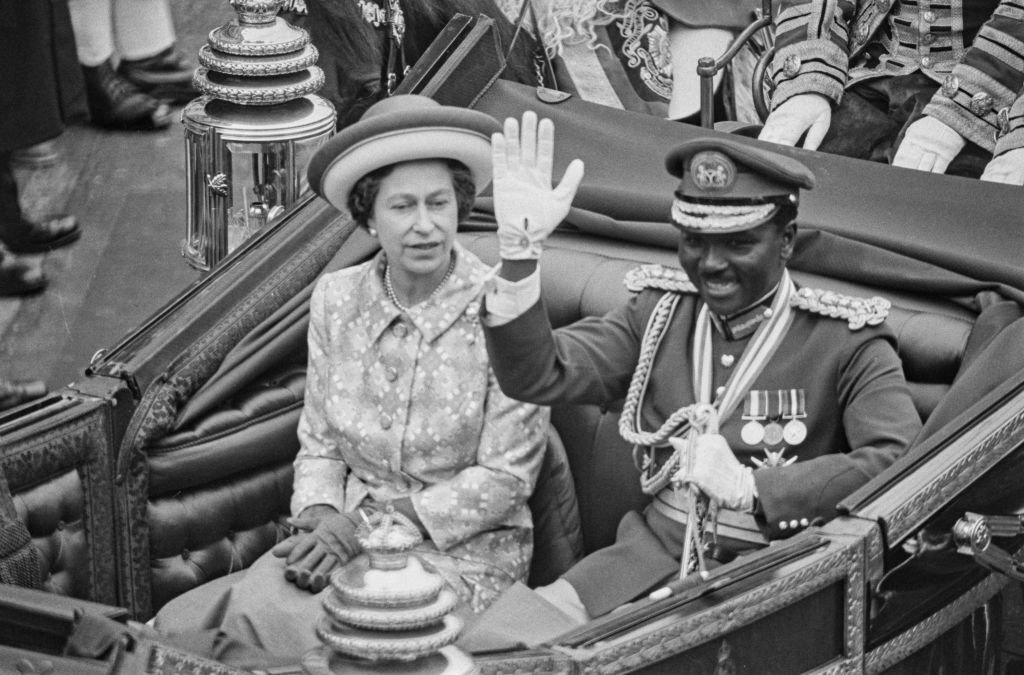
Nigerian Head of State Yakubu Gowon rides with Queen Elizabeth II to Buckingham Palace during an official visit to London, UK, June 1973. (Photo by Evening Standard/Hulton Archive/Getty Images)
The Commonwealth of Nations, simply referred to as the Commonwealth, is a political association of 56 member states, the vast majority of which are former territories of the British Empire. All members recognise the British monarch as Head of the Commonwealth, a position Queen Elizabeth II held for 70 years as the elder daughter of King George VI, the inaugural holder.
Road to the Commonwealth Crown
Queen Elizabeth II, who ruled the United Kingdom for seven decades, was such a longstanding institution that it’s easy to forget she wasn’t supposed to have become queen.
Born in 1926, Elizabeth was the daughter of King George V’s second son and had little expectation of succeeding to the throne until her uncle, King Edward VIII, abdicated in 1936 to marry the divorced American socialite Wallis Simpson. After her father’s death, King George VI, 25-yearold Elizabeth, was called upon to assume the throne, beginning a momentous reign. In February 2022, the United Kingdom kicked off a series of celebrations for the queen’s Platinum Jubilee—marking 70 years of her service to the British Commonwealth. Although the role involves no part in the day-to-day her. On 1 October 1960, the Princess presented Nigeria’s instrument of independence, also known as the Freedom Charter, to Sir Abubakar Tafawa Balewa, who became the Prime Minister. Although now an independent country in 1960, Nigeria still adopted the monarchy before becoming a Republic in 1963.
The Queen sent a message to Nigerians during their independence celebrations which read:
“My husband and I return the happiest of memories of our visit to Nigeria, and our thoughts are with you on this memorable day. As you assume the heavy responsibility of independence, I send my good wish for a great and noble future. It is with special pleasure that I welcome you to our Commonwealth family of Nations. … May God bless and guide your country through the years to come.”
- Queen Elizabeth II and Prince Philip wave from an open Land Rover to the crowds at a racecourse in Lagos during an official visit to Nigeria, 12th February 1956. (Photo by Paul Popper/Popperfoto via Getty Images/Getty Images)
- (Original Caption) The Duke of Edinburgh (otherwise known as Prince Phillip) and Queen Elizabeth II on their Nigerian tour.
- ABUJA, NIGERIA: Queen Elizabeth II of England (L) and Nigerian President Olusegun Obasanjo review the honor guard upon her arrival at Nnamdi Azikiwe International Airport in Abuja, Nigeria, 03 December 2003. Queen Elizabeth II arrived in Abuja, two days ahead of the Commonwealth summit, on her first visit since the country won its independence from her rule. AFP PHOTO PIUS UTOMI EKPEI/POOL (Photo credit should read PIUS UTOMI EKPEI/AFP via Getty Images)
The Queen’s Government
The Government of Nigeria was officially known as Her Majesty’s Government. The Nigerian parliament constituted The monarch, the Senate, and the House of Representatives, with all executive powers resting with the sovereign. All laws in Nigeria were enacted only with the granting of Royal Assent, done by the Governor- General on behalf of the sovereign. The Governor- General was the most powerful man in the country. He was responsible for summoning, proroguing, and dissolving Parliament. He had the power to choose and appoint the Council of Ministers and could dismiss them at his discretion. All Nigerian ministers held office at the pleasure of the Governor-General. But everything that he did was essentially in the Queen’s name.
The Queen’s Laws
Within the Commonwealth realms, the sovereign is responsible for rendering justice for all her subjects and is thus traditionally deemed the fount of justice. In Nigeria, criminal offences were legally considered offences against the sovereign and proceedings for indictable offences were brought in the sovereign’s name in the form of “The Queen versus [Name].” Hence, the common law held that the sovereign “can do no wrong”; the monarch cannot be prosecuted in her own courts for criminal offences. Nigeria’s highest court of appeal was the Judicial Committee of the Privy Council, and criminal prosecution was instituted in the monarch’s name. The monarch, and by extension the governor-general, could also grant immunity from prosecution, exercise the royal prerogative of mercy, and pardon offences against the Crown before, during, or after a trial.
Abolition of The Queen The monarchy
was unpopular with Nigerians, and all political parties in Nigeria agreed that the country should be a republic. Nigeria adopted the President of Nigeria as head of state on 1 October 1963, when the Federation of Nigeria became the Federal Republic of Nigeria, a republic within the Commonwealth of Nations.
The Queen sent a message to the new President Azikiwe,:
“As Nigeria becomes a republic, I send you, Mr President, and to all the people of Nigeria my sincere good wishes for success and prosperity. During the past years, I have shared in the hopes and aspirations of your great nation. I have happy memories of the warmth and splendour of your hospitality and the many friends I made when I visited Nigeria. I am sure that in the future, the common memories of our long association will strengthen and increase the friendship of our countries as fellow members of the Commonwealth. I wish you all good fortune in the years to come and pray for your country’s successful achievement of the great tasks you have undertaken.” Queen Elizabeth II visited Nigeria twice in her lifetime; in 1956 and 2003, the latter time to attend the Commonwealth Heads of Government Meeting 2003. May her royal soul rest in peace.
Self-identifies as a middle child between millennials and the gen Z, began writing as a 14 year-old. Born and raised in Lagos where he would go on to obtain a degree in the University of Lagos, he mainly draws inspiration from societal issues and the ills within. His "live and let live" mantra shapes his thought process as he writes about lifestyle from a place of empathy and emotional intelligence. When he is not writing, he is very invested in football and sociopolitical commentary on social media.




